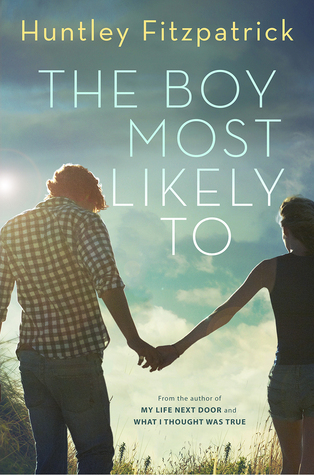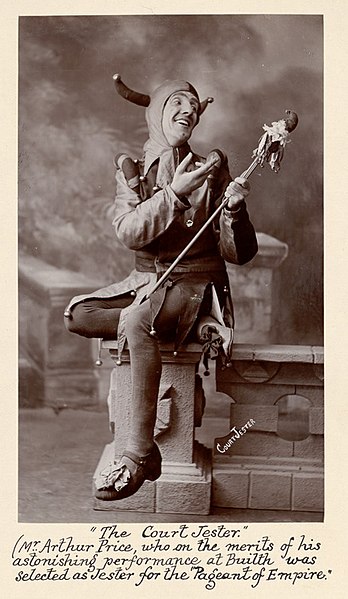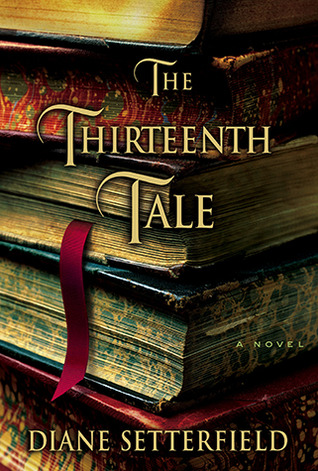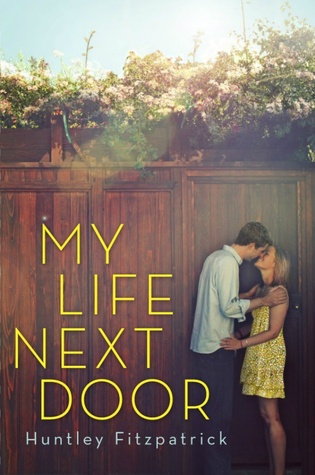
Genre: Contemporary, Science Fiction, General Market, Popular Culture.
Six days ago, astronaut Mark Watney became one of the first people to walk on Mars. Now, he's sure he'll be the first person to die there.
After a dust storm nearly kills him and forces his crew to evacuate the planet while thinking him dead, Mark finds himself stranded on Mars' surface, completely alone, with no way to signal Earth that he’s alive — and even if he could get word out, his supplies would be gone years before a rescue could arrive.
Chances are, though, he won't have time to starve to death. The damaged machinery, unforgiving environment or plain-old "human error" are much more likely to kill him first. But Mark's not ready to quit. Armed with nothing but his ingenuity and his engineering skills — and a gallows sense of humor that proves to be his greatest source of strength – he embarks on a dogged quest to stay alive, using his botany expertise to grow food and even hatching a mad plan to contact NASA back on Earth.
As he overcomes one seemingly insurmountable obstacle after the next, Mark begins to let himself believe he might make it off the planet alive – but Mars has plenty of surprises in store for him yet.
Grounded in real, present-day science from the first page to the last, yet propelled by a brilliantly ingenious plot that surprises the reader again and again, The Martian is a truly remarkable thriller: an impossible-to-put-down suspense novel that manages to read like a real-life survival tale.
MY THOUGHTS:
It's a cool, ultra-modern take on 'Robinson Crusoe'. On a mission to the surface of Mars, astronaut Mark Watney is believed dead by his five crew mates, and therefore abandoned. When he comes to, it appears he'll have to figure out how to keep himself alive on the barren, hostile red planet until the next mission from Earth is due to arrive. A great chunk of this novel consists of the log book he keeps. Wow, if you think you have problems, it's good to spare a thought for Mark.
Although he considers he's involved in a fight against time and the elements, I get the feeling that what he's doing more of is figuring out how to understand and cooperate with them. The way he's forced to get back to basics is inspiring. He gets a mood lift whenever he has a breakthrough to help him stay alive, because ultimately, another day in which you figure out how to keep breathing and eating is a good day. It's so easy to forget that in our world, where the basics are a given and we're so distracted with other things.
He writes with humour, and you can't help laughing quite often. There are funny parts, such as the bureaucratic red tape he deals with when he establishes contact with Earth, even though he'd already spent such a long time relying on himself. On one level, he's got the support of the whole world behind him, but on another, he's totally alone.
You can't help thinking of the hundreds of millions of dollars expended during this story, to save just one man. It's true he's doing a great (if accidental) service to mankind, providing detailed data about long-term survival on Mars, but it's great to see so many people coming together to save him. He makes the point that basically, it's the instinct of a good human to help if they are able. As a race, we can't help caring, even about people we've never met in person. Basically when it comes to the nitty-gritty details about staying alive, we're all one. And I love that.
In all honesty, it's not the sort of book I usually read. I didn't always grasp the maths and science aspects, but kept reading because I really liked Mark. I think that's a given, as I doubt anyone who doesn't like Mark would bother sticking with the book. He probably deserves to become a classic, pin-up character for the triumph of human ingenuity. I like the way he refuses to panic, taking one thing at a time. His main refrain seems to be, 'OK, that's a total pain, and I can't think of a solution yet, but I know I'll have to think of something soon, or I'll be dead.' And of course he always does.
4 stars (I'd probably have boosted it to 5, if I'd been the sort of person who's intrigued by lots of maths and science detail)














